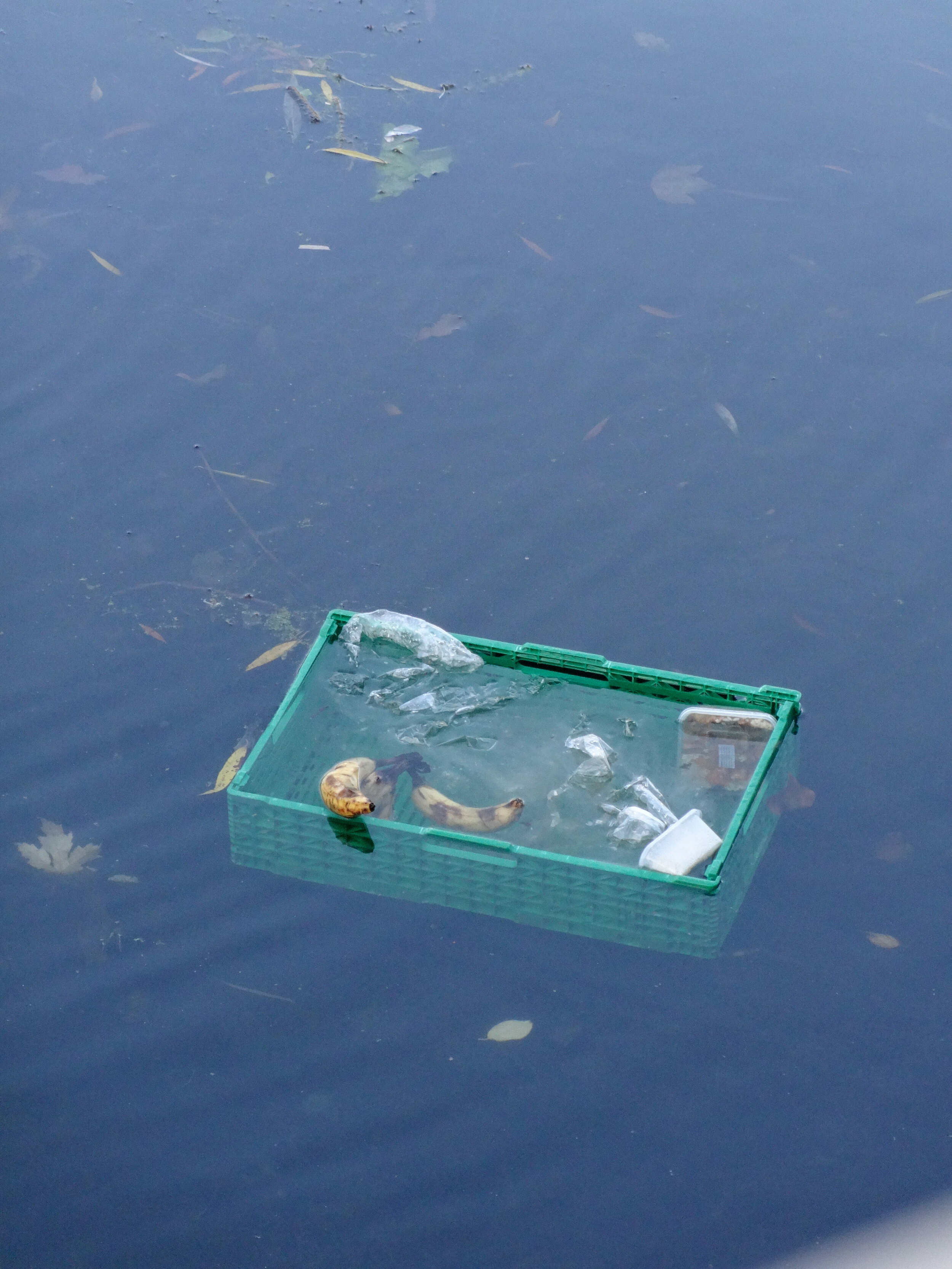Fading In: Frustration, Aimlessness & The First Draft
‘Fade in:’, written in courier font, at the tippity-top left of your document. Unless you’re one of those very organised and page-proud few who likes to start with their title page, it’s likely this is where your script will begin- spat into existence on your monitor or through a typewriter as you gaze up at this mountain before you.
Screenwriting is, as turbulent and underachieving a relationship it has been thus far, probably the love of my life. I found it at a time of aimlessness, and decided in the same English lesson where I learnt of it that I would follow it for as long as the love lasted. It’s been six years since that class, years spent writing, studying and reading countless scripts for film and television-and I can confidently say that the moment-to-moment act of screenwriting can often be the most disheartening, frustrating and daunting part of my day.
It’s quite a tired adage that to write--or rather, to create any art--is to present yourself in the most vulnerable way. What I found to be the case in screenwriting, is that you are not only revealing yourself, but you are doing so with a truly fucking astounding sense of optimism. To write a screenplay is to create art that may only ever be realised by the good grace of a budget, a crew, acting talent and a hundred other moving parts that need to slot together to form the machine that will fund, produce and platform your script--in other words, with the utmost assembly required.
We type ‘fade in:’ like a starting pistol, a first step a millimetre tall but a first step nonetheless. Now what? ‘The first draft is always going to suck’, you tell yourself, as you tap out clumsy, long-winded action text and sluglines that you’re only courting right now, much less married to. The first thing I always forget and relearn when writing is that I’m far less snappy than I want my characters to be. Not every joke will land when you’re spitting them onto the page, and not every line of dialogue will have the gusteau you imagine your mental cast of talent will deliver them with. This can be overwhelming, this realisation that the characters you kindled an affair with at your idea’s conception do not have any soul not instilled in them by you. In our heads, we probably know our characters’ ages, heights, hometowns, loves, hates and their favourite movie; so why do we struggle to imagine what they’d say to their best friend? You learn, at this stage, that you are not only an architect of story, but the be-all and end-all of these characters to a degree you may have never considered until you’re sitting at your desk considering how they live and breathe. Nobody is seeing that same likeable, charming, calculating or villainous character that you are; they can only see as much as you show them.
‘The first draft is always going to suck’, you repeat to yourself, fighting the urge to sink energy and enthusiasm into revising your small handful of pages until there’s nothing left in you to write any more. As with anything, dissatisfaction with your work feels as if it simply comes with the territory of being an artist, and we are all of us doomed to loathe the labours of love we sweat for, literally or proverbially. Screenwriting is an incredibly tight form of writing to work with, every story beat must land and every payoff must have a setup. There is almost a rhythm to this particular kind of storytelling, a particular process of setting up the dangling pieces of junk so that the collective cast shadow may look presentable. If you’re anything like me, fiddling with margins, tinkering with dialogue and rearranging story beats for the sake of pacing can begin to feel crushing. ‘This was so clear in my head’, I think. ‘When can I get to that one scene I was excited to write?!’ The common answer to that is ‘When you actually get there’. In many cases, however, the answer might be ‘Never.’ That’s another thing you constantly re-learn about yourself when you sit down to write that script of yours. For better or worse, your ideas will always be that slight bit more expansive than you’ll be able to do justice.
There is a saying that every amateur screenwriter or film student will have heard enough times that it stopped being helpful ten repetitions ago, that being that we sometimes have to kill our darlings. There are some subplots, characters or beats that we’ll find simply do not work in the way we wanted them to in the context of your tightly-constructed script, and I promise you that it’s always painful to have to let go of anything belonging to these stories that mean so much to us. I know it crushes me every time, having to shelve some of my favourite moments and ideas that I was so excited to actualise. It’s a frustrating part of writing, and can feel as though you’re taking a hacksaw to your daydreams and visions for the sake of a structure that you simply didn’t factor in when you had them. I can’t remember how many conversations I had with my friends and coursemates where cut characters were described to me as if they’d died, or entire ideas were shelved or fundamentally changed for one reason or another. It hurts, it really does. It always feels shitty, but you cannot let lost timber sink a ship that can absolutely still make it to port, which is an incredibly hypocritical thing to say as a guy who very often lets this defeat me. I begrudgingly know it to be true, though.
I once drunkenly described screenwriting to someone as the act of wrestling a lake into a river. Honestly, I’m pretty proud of drunk me, because it might be the best thought I’ve ever had in regards to the craft I’ve spent a large chunk of my life committed to. You take this massive world of ideas, moods, characters and story that likely excite, move or resonate deeply with you, and you twist and constrict it into a similar, more refined beast. You are thinning that lake into something with momentum, a placid body of water becoming one with rapids and waterfalls. You are undergoing a process of pushing an infant idea through a tight, restrictive medium that demands all manner of contortion and sacrifice, and in all actuality, that script of yours never has to become a movie adorning the screens of theatres worldwide to make that worth something.
Something else you learn about yourself when writing the first draft is that you are a better writer than you probably think you are.
Nobody knows that story quite like you do, and nobody gets the twitches and subtleties of those characters as much as you do, and yet there you are, agonising over all those shitty tribulations so that others may begin to. Seek feedback from those you feel comfortable sharing your work with, soak up (constructive) criticism and work on taming that very necessary yet sometimes very bossy critical eye.
You are doing something you love, creating art that matters to you, and that can be the most beautiful thing in the world... even if you never get to see it set to that perfect soundtrack you put together at 3am.
___



